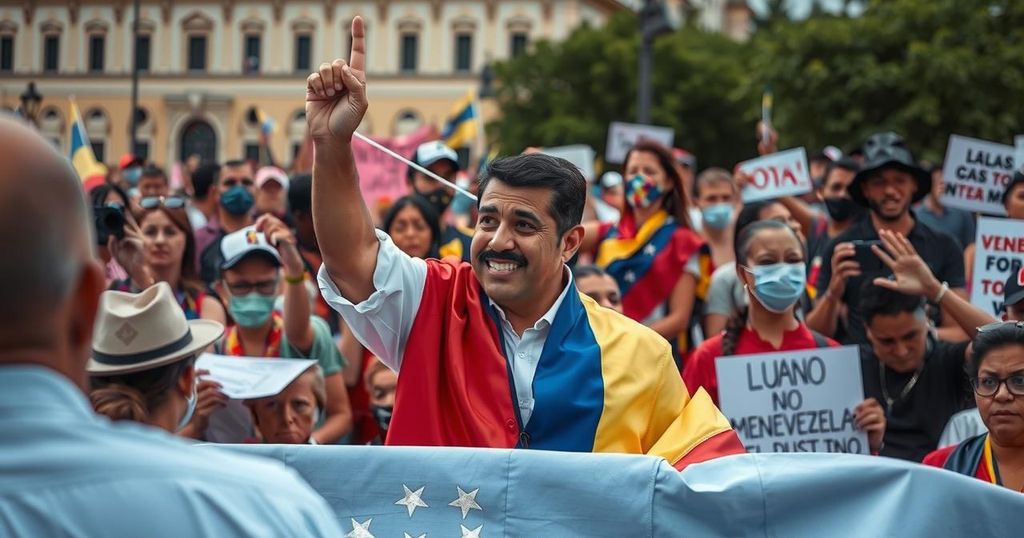Nicolás Maduro’s third presidential inauguration in Venezuela faced widespread international condemnation due to accusations of electoral fraud. While the United States and European nations denounced his legitimacy, only a few countries supported his government. Sanctions were imposed on Venezuelan officials, and calls for the release of political detainees were made, illustrating the global divide surrounding Maduro’s presidency.
Nicolas Maduro’s inauguration for his third presidential term in Venezuela has elicited extensive international condemnation, with numerous countries accusing him of electoral fraud during the July elections. Despite facing allegations, the 62-year-old Maduro remains steadfast in his claims of victory, attending the swearing-in ceremony in Caracas amid mixed diplomatic reactions. While Washington has increased its reward for information on Maduro to $25 million and imposed sanctions on eight senior officials, other nations, such as Russia, extended their congratulations, marking the polarized global stance towards his leadership. International figures have characterized the July elections as neither legitimate nor representative of the Venezuelan populace, triggering calls for the release of political detainees and a push for accountability regarding human rights violations.
The political climate in Venezuela has been increasingly tense, especially following the disputed presidential elections in July of the previous year. Accusations of electoral fraud and repression of dissent have prompted global outrage and led to the imposition of sanctions by various governments. The divided reaction to Maduro’s presidency highlights the complexities of international relations concerning human rights and democratic legitimacy in Venezuela. The United States, European Union, and United Nations have been particularly vocal in their criticisms, while a few nations continue to support Maduro’s regime.
The inauguration of Nicolás Maduro has reignited significant discussion regarding political legitimacy and human rights violations in Venezuela. The widespread international criticism, juxtaposed with support from certain nations, underscores the deep divisions in how governments perceive Maduro’s leadership. The sanctions and calls for accountability reflect a broader concern regarding democratic practices in Venezuela, and the implications of Maduro’s presidency are likely to persist on both national and international levels.
Original Source: www.barrons.com






